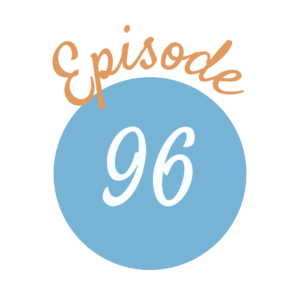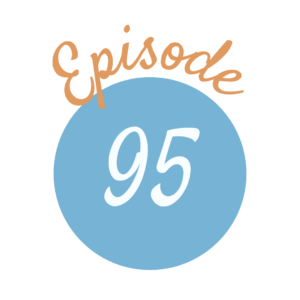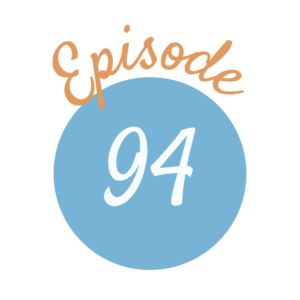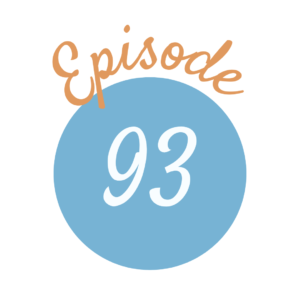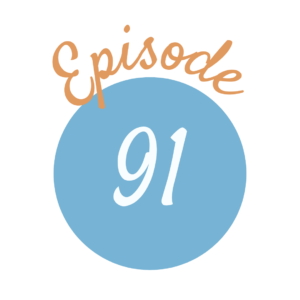 This podcast faces the reality: a Charlotte Mason education is rewarding–but enormous! It is normal to become weary, worried, and woeful at times about the immense and multitudinous tasks of educating
This podcast faces the reality: a Charlotte Mason education is rewarding–but enormous! It is normal to become weary, worried, and woeful at times about the immense and multitudinous tasks of educating
our children, not to mention feeding, clothing, and caring for them daily. The ADE mothers have been in the trenches and share strategies and wisdom for running the race without giving up.Listen Now:

“If mothers could learn to do for themselves what they do for their children when these are overdone, we should have happier households. Let the mother go out to play! If she would only have courage to let everything go when life becomes too tense, and just take a day, or half a day, out in the fields, or with a favourite book, or in a picture gallery looking long and well at just two or three pictures, or in bed, without the children, life would go on far more happily for both children and parents. The mother would be able to hold herself in ‘wise passiveness,’ and would not fret her children by continual interference, even of hand or eye––she would let them be.” (Vol. 3, pp. 33-34)
“In venturing to speak on this latter subject, I do so with the sincerest deference to mothers, believing that, in the words of a wise teacher of men, “the woman receives from the Spirit of God Himself the intuitions into the child’s character, the capacity of appreciating its strength and its weakness, the faculty of calling forth the one and sustaining the other, in which lies the mystery of education, apart from which all its rules and measures are utterly vain and ineffectual.” But just in proportion as a mother has this peculiar insight as regards her own children she will, I think, feel her need of a knowledge of the general principles of education, founded upon the nature and the needs of all children. And this knowledge of the science of education, not the best of mothers will get from above, seeing that we do not often receive as a gift that which we have the means of getting by our own efforts.” (Vol. 1, p. 10)
“He observes that great men have great mothers; mothers, that is, blest with an infinite capacity of taking pains with their work of bringing up children. He likens this labour to a second bearing which launches the child into a higher life; and as this higher life is a more blessed life, he contends that every child has a right to this birth into completer being at the hands of his parents.” (Vol. 2, p. 19)
“Blessed are the souls that endure temptation from without; who endure grinding poverty without hardness or greed, uncongenial tempers without bitterness, contrary circumstances without petulance; who possess their souls in patience when all things are against them: these are temptations from which we cannot escape, and which are part of the education of a trusty spirit. But this education is accomplished by resisting the temptations that reach us from within––the offences in thought suggested by trying circumstances. For, let us not make a mistake, all sin, even all crime, is accomplished in thought. Word and act are but the fruit of which the received and permitted thought is the seed.” (Vol. 4, p. 118)

Time-Tables
Parents and Children (Volume 2), chapter 25

Parents’ Review
